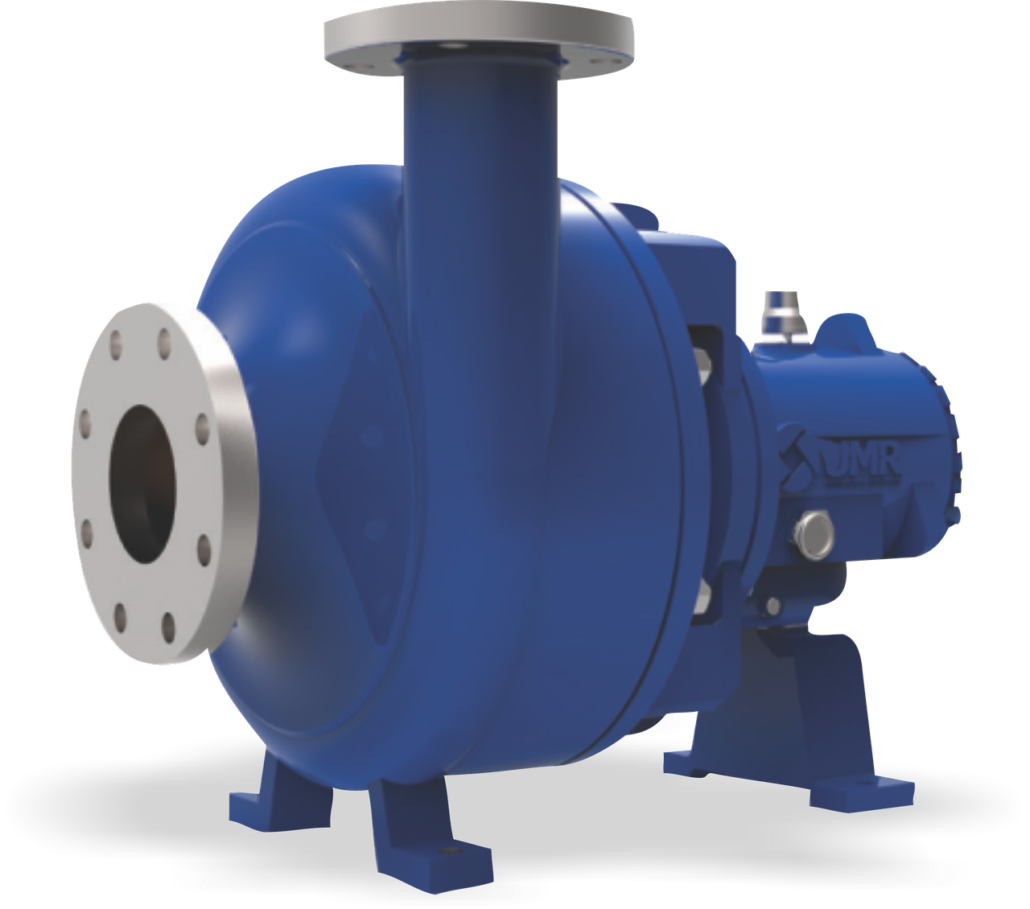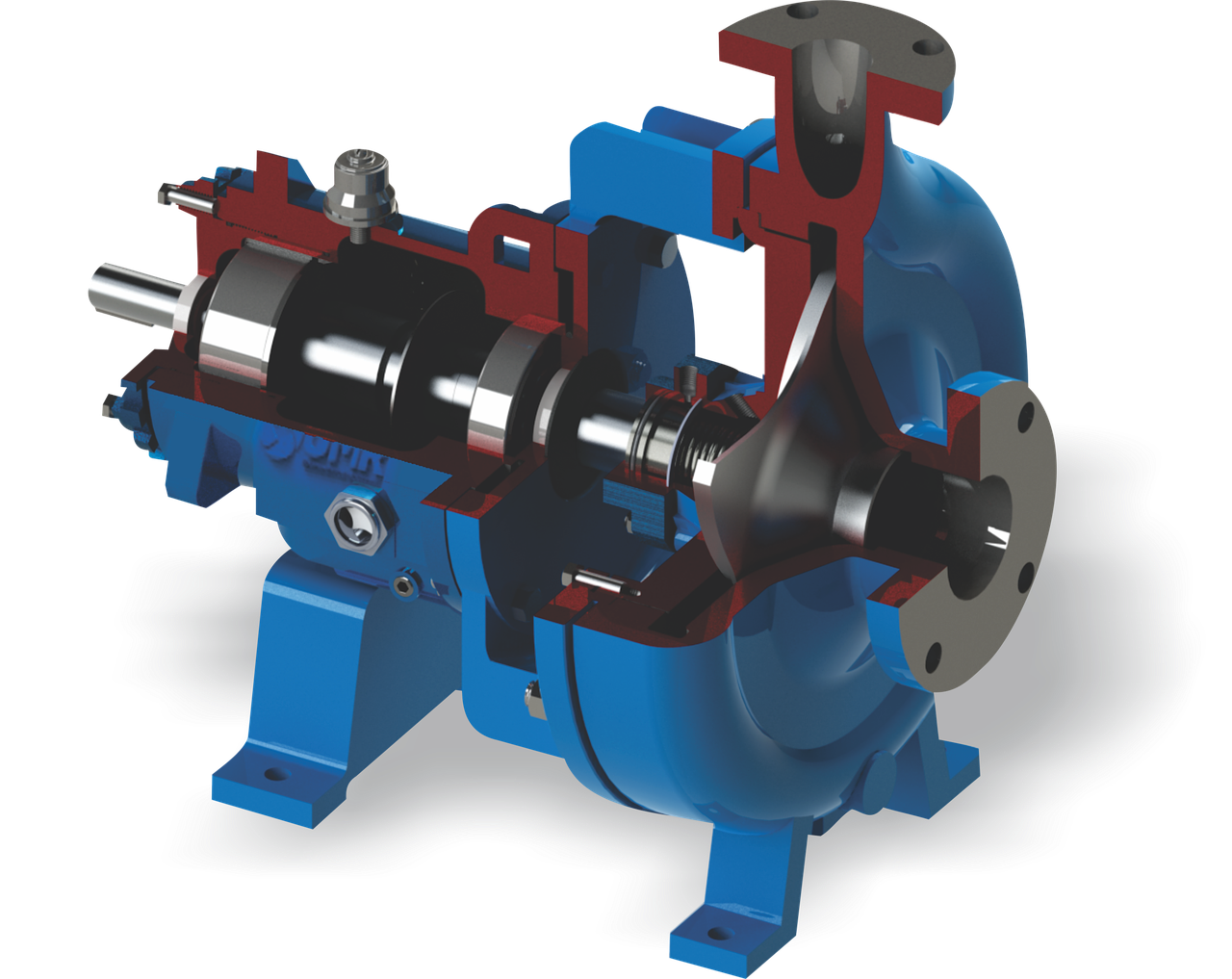Difference between centrifugal and positive displacement pumps
Centrifugal and positive displacement pumps are tools that play a key role in today’s industry. Their function lies in the ability to transfer fluid from one point to another, be the level high or low. However, they differ in the way they work and the type of fluid moved.
Pump classification

A macro breakdown immediately comes to mind when we think of pump classification, one that helps us to better understand the difference between centrifugal and positive displacement pumps. This breakdown regards, first of all, the fluid pumping method:
- Hydraulic pumps
- Positive-displacement pumps
In the first case, the pumping action is achieved by the fluid’s dynamics whereas in the second, it is achieved by the variation in volume. Centrifugal pumps fall in the first case.
Centrifugal pumps and positive displacement pumps in detail
Centrifugal pumps use an impeller to activate a centrifugal effect that moves the water (or other liquid) and converts mechanical energy into kinetic energy; the latter thus exerts strong pressure on the fluid, displacing it.
In terms of the level of the intake, centrifugal pumps clearly have to pump the liquid from a lower to a higher point. Underlining this aspect is not trivial because this scenario represents most cases. In fact, a pump is rarely used to transfer liquids from a higher to a lower point.
What are the advantages of a centrifugal pump?
Centrifugal pumps are the most commonly used of hydraulic pumps, both in industry and by private individuals, but also in farming (such as the centrifugal pumps for irrigation systems).
Displacement pumps generate energy periodically. As already mentioned, they use the variation in volume to produce suction or thrust of the water. These include rotary pumps and reciprocating pumps and are used for higher-density fluids.
Because of the way these pumps function, pump manufacturers, businesses and institutions have come to understand the significance of pumps for solving environmental issues. Are you aware of their use in this area? Contact us to learn more.


